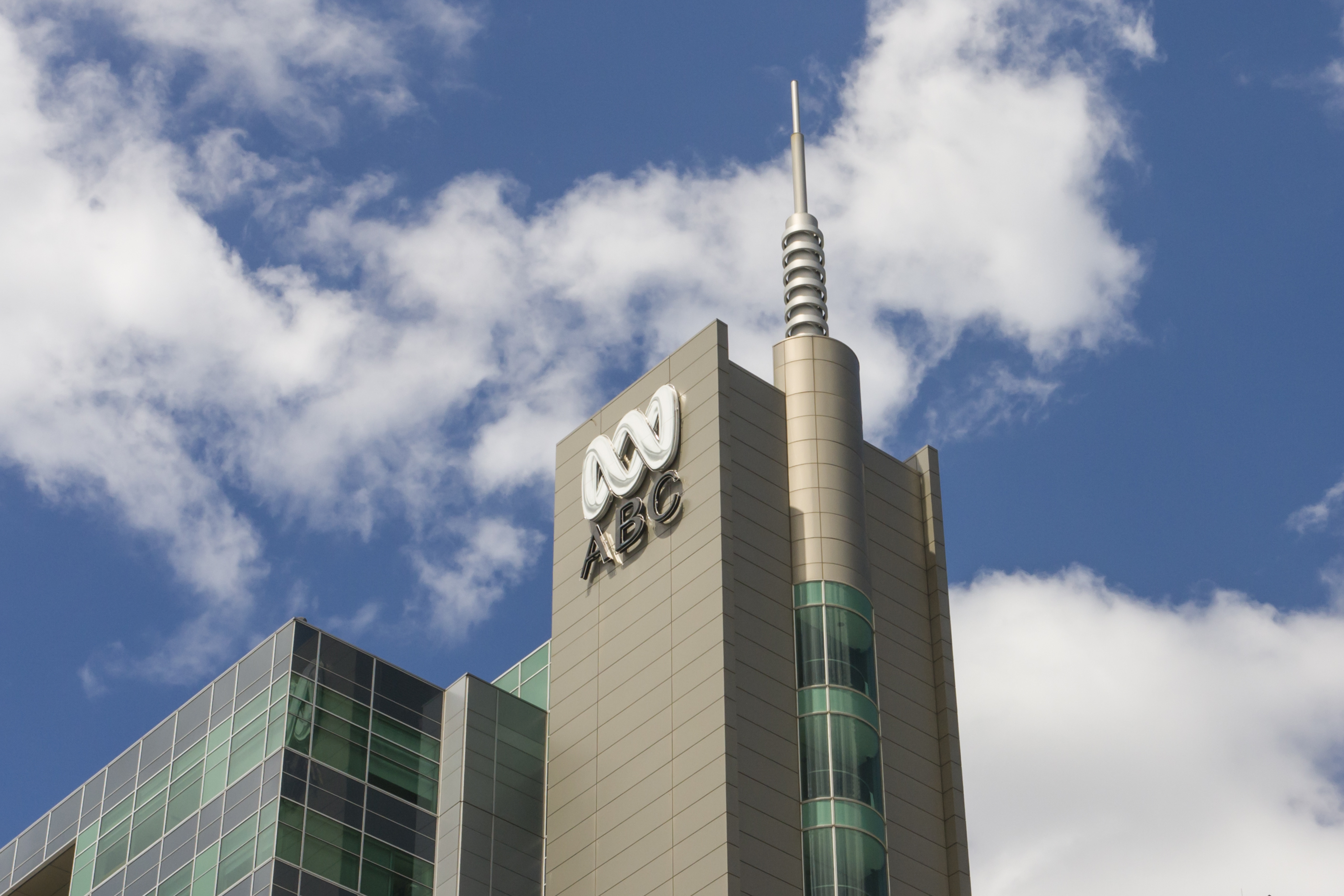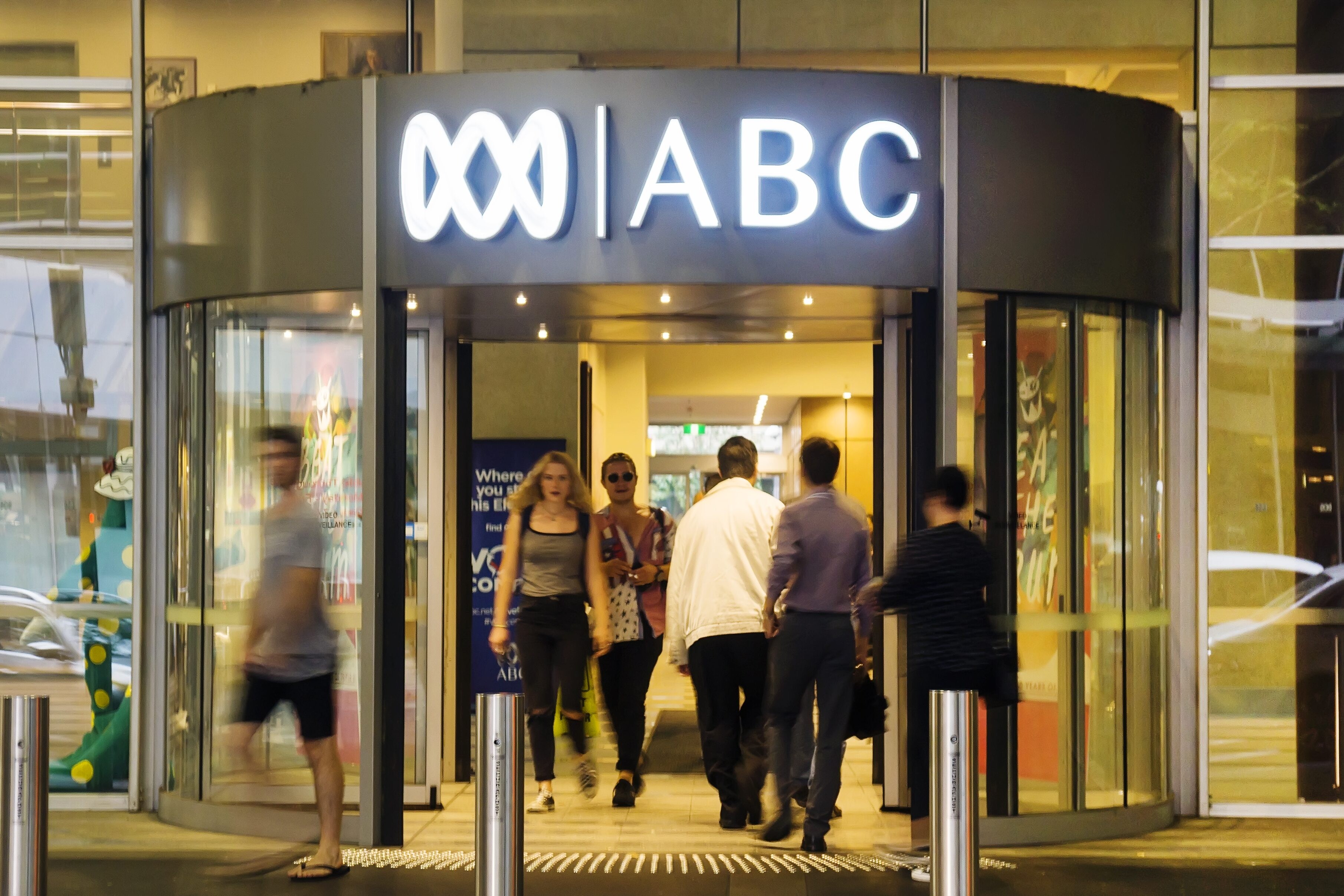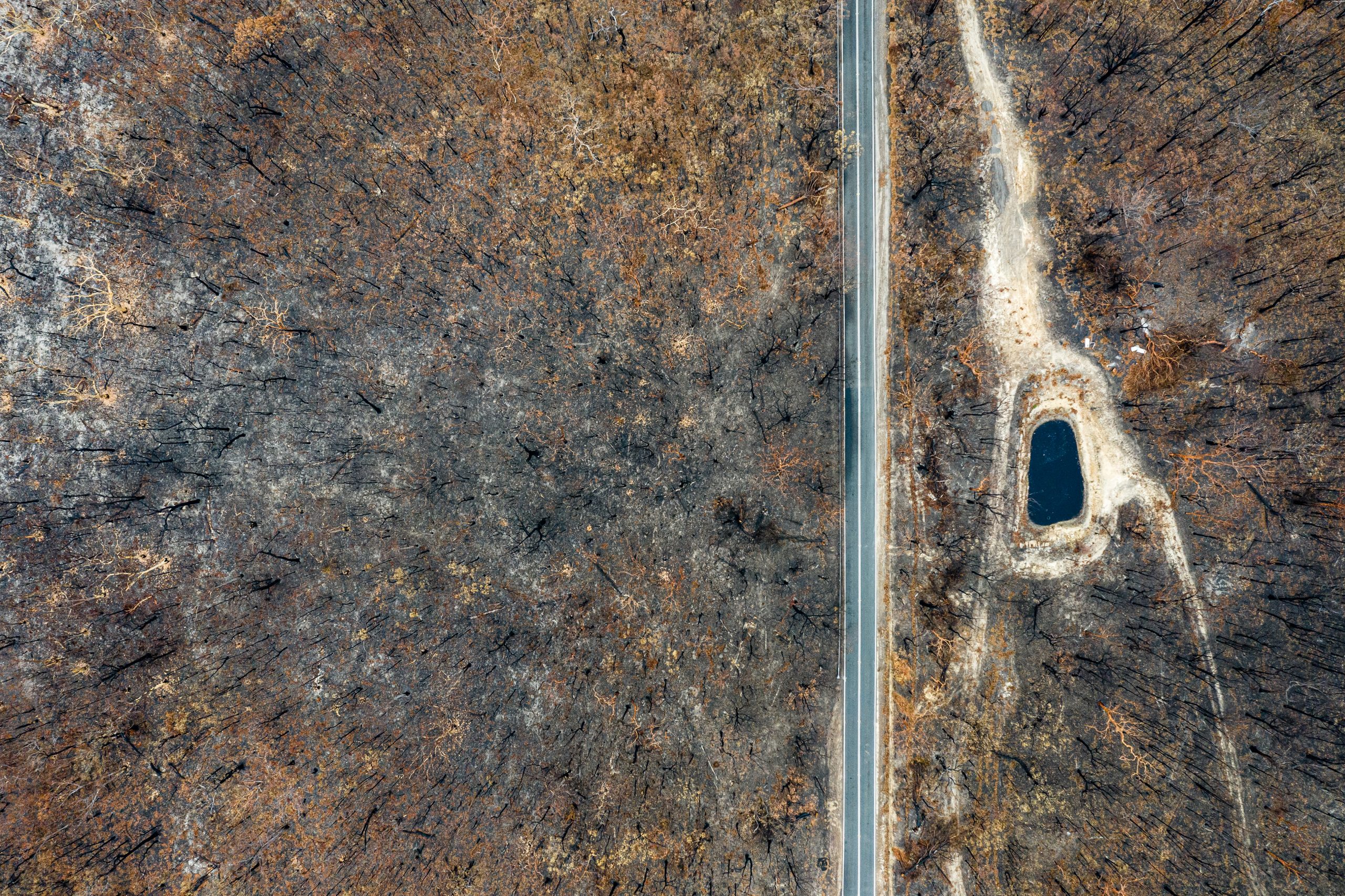The Australian public broadcaster has announced that it will reveal plans to cut programming and services, with approximately 250 jobs being lost in the process.
This is to save $41million per year to make up for the three-year $84million budget freeze from the Morrison government that came into effect in July 2019. Departments affected by staff cuts include news, television and entertainment. Over 200 jobs are expected to be lost although this figure could change when more extensive plans are outlined by the end of this month.
Managing Director, David Anderson, initially intended to propose budget cut plans in March, but this was postponed due to the coronavirus pandemic. In an email addressed to staff on Tuesday, Anderson explained that “despite our best efforts some of our services will be affected and, regrettably, there will be redundancies.”
He went on to thank ABC staff by saying: “This has been an arduous year already for all of us and I’m conscious of how many of you must be feeling right now given the uncertainty across our industry and the broader economy…The work of all of you throughout the challenges we have faced together this year has been outstanding and your patience and professionalism are, as always, greatly appreciated.”
As of Wednesday, employees can submit an expression of interest (EOI) for redundancies. This may not result in redundancy but will be acknowledged in the process.
Read more: ABC job cuts on the horizon as managing director asks staff to volunteer for redundancies
In May, the Morrison government placed pressure on the public broadcaster to freeze salaries in a move that raised significant concerns among unions for the ABC’s independence. Australia’s commercially funded public broadcaster, SBS, is also considering wage freezes.
But now is not the time to cut jobs and vital programming during a global pandemic. According to data shared by ABC, not only have Australians turned to the national public broadcaster for information about the COVID-19 pandemic, but so too have audiences across the Pacific.
The same has been said for ABC’s vital role during the catastrophic bushfire crisis last summer. The public broadcaster states that “not only was the national broadcaster the most trusted information source but lives were saved as a result of people acting on information the ABC provided.”
Emergency broadcasting cost the ABC an additional $3 million, for which it did not receive any additional funding support. Speaking in a Parliamentary Committee in March, Anderson warned that it would be “an extraordinary strain on our ability to meet community expectations.”
During the COVID-19 pandemic, ABC has also provided support for the production industry and freelancers across Australia, committing $3 million to its Fresh Start Fund.
Regional divisions are also expected to face staff cuts. At a time when other local and national media across Australia are struggling to survive amidst the financial implications of COVID-19, budget cuts at ABC could pose a further risk to the availability of quality public interest journalism and trusted content at a critical time.
Header image: ABC South Brisbane. Credit: Ash Kyd/Creative Commons
Related Posts
1st April 2020
ABC expands education schedule to support students at home during COVID-19 crisis
The ABC is launching an expanded…



